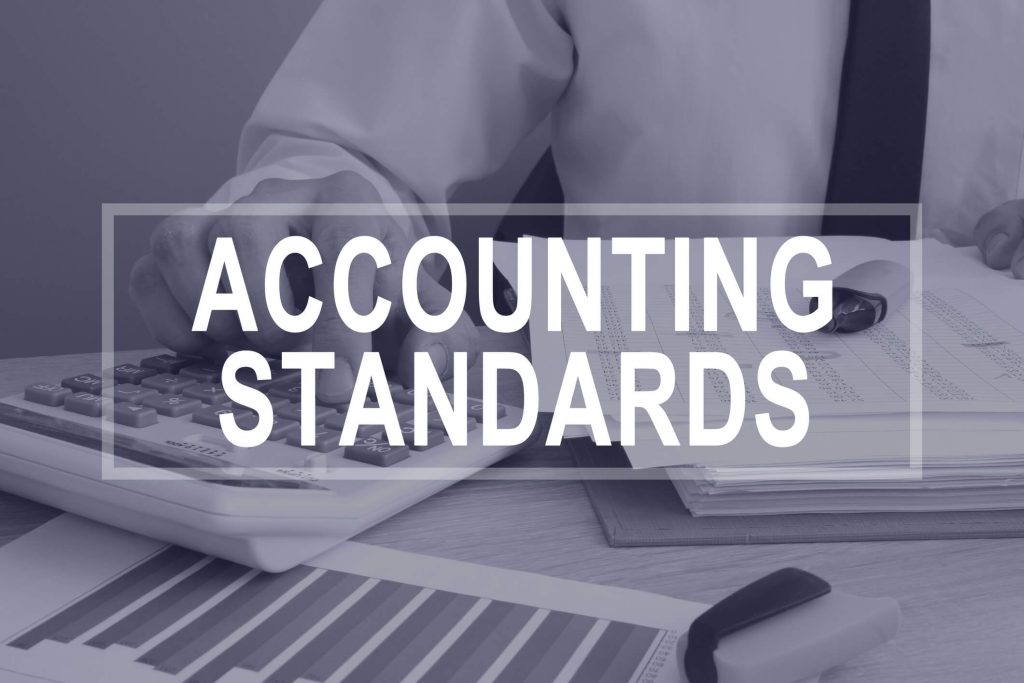Understanding Accounting Standards: A Framework for Financial Reporting
Accounting standards are the backbone of transparent and consistent financial reporting, ensuring that businesses, investors, and regulators have a common understanding of financial information. These standards provide a framework for preparing and presenting financial statements, promoting comparability, reliability, and accuracy in financial reporting. For businesses and professionals in the finance industry, understanding accounting standards is essential for compliance and effective financial management.
What Are Accounting Standards?
Accounting standards are a set of principles, guidelines, and rules that govern how financial statements are prepared and reported. They ensure that financial information is consistent across different organizations, enabling stakeholders to make informed decisions. These standards are established by authoritative bodies such as the International Accounting Standards Board (IASB) and the Financial Accounting Standards Board (FASB).
Globally, the two main frameworks are the International Financial Reporting Standards (IFRS) and the Generally Accepted Accounting Principles (GAAP), which are used in different parts of the world. While IFRS is widely adopted internationally, GAAP is primarily used in the United States.
Key Objectives of Accounting Standards
- Consistency: Accounting standards ensure that all companies follow a uniform set of rules when preparing financial statements. This allows for consistent financial reporting over time, which is crucial for analysis and comparison across industries.
- Transparency: By adhering to accounting standards, businesses provide a clear and honest view of their financial health. This transparency builds trust among investors, creditors, and other stakeholders, enabling them to assess a company’s performance accurately.
- Comparability: Standardized financial reporting makes it easier for investors and analysts to compare the financial performance of different companies. This is especially important in global markets, where businesses from different regions operate under similar standards like IFRS.
- Accountability: Accounting standards help hold businesses accountable for their financial practices. Clear rules and guidelines ensure that companies cannot manipulate their financial reports, reducing the risk of fraud and financial misstatements.
Major Accounting Standards
- International Financial Reporting Standards (IFRS): IFRS, developed by the IASB, is the global accounting standard followed by more than 140 countries. It provides a common language for financial reporting, especially for companies with international operations. IFRS emphasizes principles over rules, which allows for some flexibility in interpretation, but requires judgment by accountants.
- Generally Accepted Accounting Principles (GAAP): GAAP is a set of accounting rules used in the United States, established by the FASB. It is more prescriptive than IFRS, with detailed regulations and guidelines. Companies operating in the U.S. must follow GAAP, which ensures consistency in financial reporting within the country.
- Indian Accounting Standards (Ind AS): In India, the Ministry of Corporate Affairs has adopted Ind AS, which is largely converged with IFRS. These standards aim to bring Indian financial reporting practices in line with global standards while addressing local economic conditions and business practices.
Key Elements of Accounting Standards
- Revenue Recognition: One of the most important principles, revenue recognition dictates when and how businesses should recognize revenue. It ensures that revenue is reported accurately based on performance obligations and transaction completion.
- Accrual Accounting: Accrual accounting, required under both IFRS and GAAP, means that revenues and expenses are recorded when they are incurred, not when cash is exchanged. This provides a more accurate picture of a company’s financial position at any given time.
- Fair Value Measurement: Accounting standards provide guidelines on how to measure assets and liabilities at fair value. This involves determining the market value of an asset or liability at a particular point in time, ensuring that the financial statements reflect current conditions.
- Disclosure Requirements: Accounting standards also specify what information should be disclosed in the financial statements. This includes details on contingencies, risks, and uncertainties that may affect a company’s financial position, ensuring full transparency to users of financial reports.
The Importance of Adhering to Accounting Standards
- Investor Confidence: Adhering to accounting standards builds investor confidence in a company’s financial health. When investors trust the accuracy of financial statements, they are more likely to invest, enabling companies to raise capital and expand.
- Regulatory Compliance: Compliance with accounting standards is often a legal requirement. Companies that fail to follow these standards may face penalties, audits, or other legal consequences.
- Risk Mitigation: By following standard accounting principles, businesses can reduce the risk of financial misstatements, errors, and fraud. This minimizes the potential for regulatory scrutiny and financial restatements, which can harm a company’s reputation.
Challenges in Implementing Accounting Standards
- Complexity: Some accounting standards are complex and require a deep understanding of accounting principles and financial reporting. This can be challenging for smaller businesses or organizations with limited resources.
- Constant Updates: Accounting standards evolve to reflect changes in the business environment, regulatory requirements, and economic conditions. Companies must stay updated with these changes to remain compliant, which can be time-consuming.
- Globalization: For companies operating internationally, managing different accounting standards across countries can be difficult. The convergence of IFRS and GAAP is an ongoing process, but differences still exist that companies must navigate.
Conclusion
Accounting standards are essential for ensuring accuracy, consistency, and transparency in financial reporting. They provide a framework that enables stakeholders to trust the financial information provided by companies, leading to better decision-making and greater accountability. Whether a business is large or small, adhering to accounting standards is not just a regulatory requirement but a critical factor in maintaining financial integrity and building long-term success.
For more insights into accounting practices and standards, visit ITSparkMedia.


